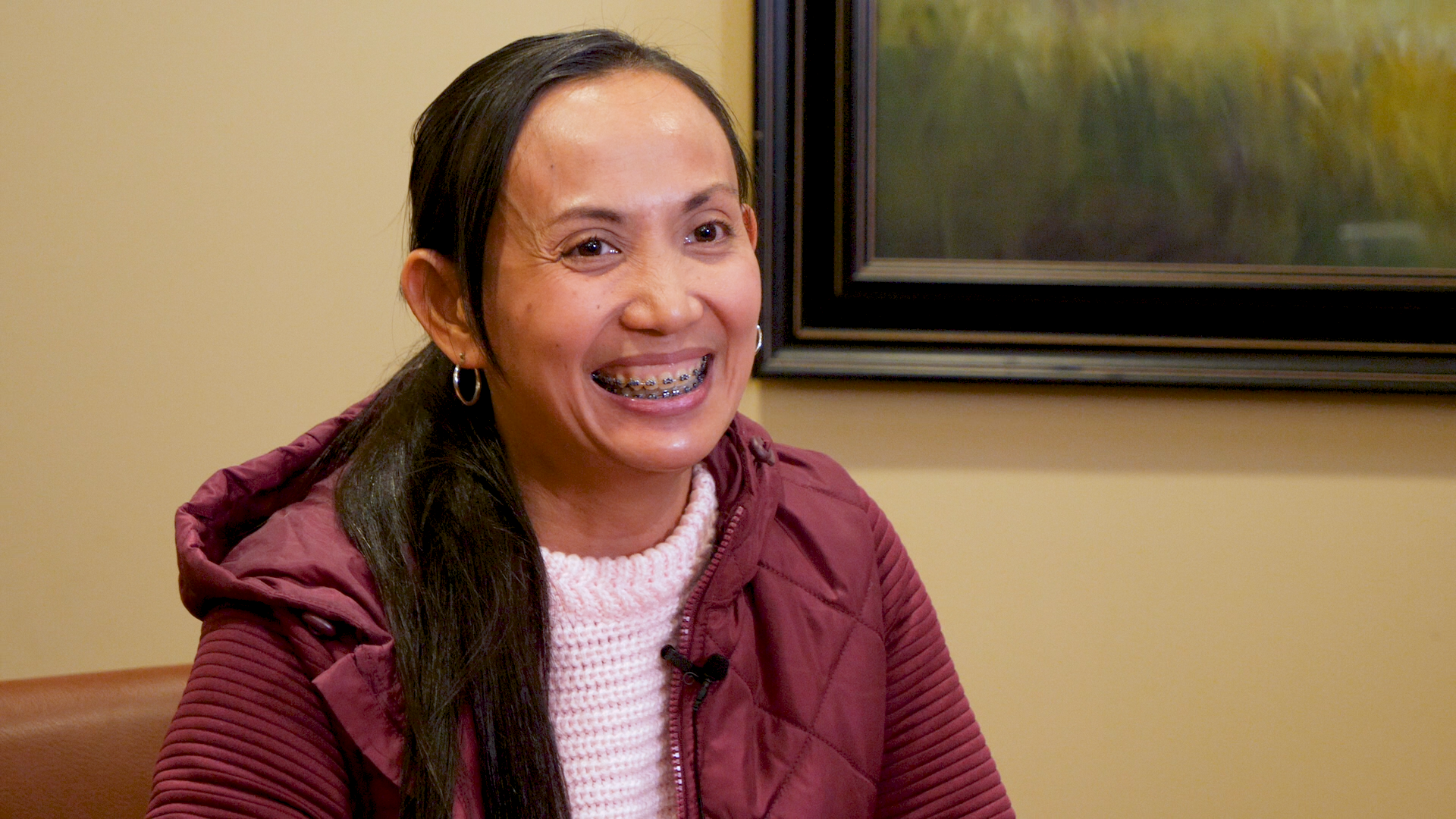"So amazingly enough 60,000 people turn 65 every year in Minnesota."
Rob Lahammer knows senior care. He's the vice president of engagement and advocacy at Presbyterian Homes & Services (PHS), a network of over 50 senior living communities throughout Minnesota, Wisconsin and Iowa. He's been working for PHS for 34 years, almost 40 years in senior care generally.
"When I started it was eight, nine, 10% of the population was seniors. We're now sitting around 16, [but] it's going to be 25%. ... that's about 1 million people in Minnesota are 65 and older. So as far as the industry goes, there are more seniors right now, 65 older, I'm almost that so I hate to call them seniors, but 65 and older that are in K-12 education," Lahammer said.
He said that throughout his career, the services provided by these facilities has expanded and the bigger industry now is assisted living and memory care. A report by Cameron Macht and Anthony Schaffhauser for Minnesota's Department of Employment and Economic Development, says that Minnesota is projected to add nearly 60,000 new healthcare jobs over the next decade. At the same time, the report found that while nursing and residential care jobs were up to almost 106,000 in December of 2020, after an initial dip in March 2020 because of COVID-19, in the entire year of 2021, this area lost almost 6,000 workers, down to just over 99,500. This loss they say is because of facility closures, people quitting or retiring.
Located in Hutchinson, Minnesota population about 14,500, Harmony River joined the PHS network in 2012 and is one of the more rural locations. Pam Wolling, clinical administrator at Harmony River, said that they've maintained 75% of their staff over the last two years, which of course means 25% has been turning over.
Lahammer said that there are about 23,000 open positions in senior care in Minnesota alone. "23,000. This staggering number, and about 20% of positions are open. Now before the pandemic, it was somewhere in the 12% range. So what's really changed ... is we have to attract people who want to work here," Lahammer said.
Sometimes people feel called to senior care and caregiving work, what Lahammer calls, "God's work," but sometimes attracting potential employees has to be more intentional, like the Hutchinson High School's TigerPath Program.
"The TigerPath Program is where they prepare students for the workforce," said Luke Krueger, the campus administrator at Harmony River. "We have partnered with the Hutch High School to have students come in here and work and get their clinicals done. ... They actually started their own nursing assistant program at the Hutch High School."
A collaboration between the chamber of commerce, leaders from the economic development authority and local businesses, Hutchinson High School started the TigerPath Program about seven years ago to expose students to what Andrea Moore, the TigerPath coordinator, calls "logical career pathways."
"They're industry recognized credentials and certifications and then the student leaves not only with a high school diploma, but with a certification that's valuable in the workforce," Moore said. "So, you know, just taking that all into account and then realistically saying, 'what can we do here at Hutchinson High School? What's realistic for us? Can we do a welding certification or can we do CNA?' A lot of people say, 'I wish I had this when I was in high school,' and most of it is just things that schools have been doing, but it's just so much more intentional."
Each student in their approximately 1,000-person student body chooses one of the four TigerPath options: stream, sci high, business and human services. And in the 2020/2021 school year, a certified nursing assistant (CNA) certification was added, complete with onsite labs.
"We really had a vision that we wanted to offer the CNA course and certification here within the walls of the high school, because we really thought, and it has turned out to be true, that more students would be able to participate in that programming and get that certification, if they could do it during their school day as one of their electives," said Moore.
"So that's a college credit course that they're taking. They take all the classes there, then they come here for their clinical experience," said Krueger. "We've actually been able to hire on some of those students that took the class at the Hutch High School."



